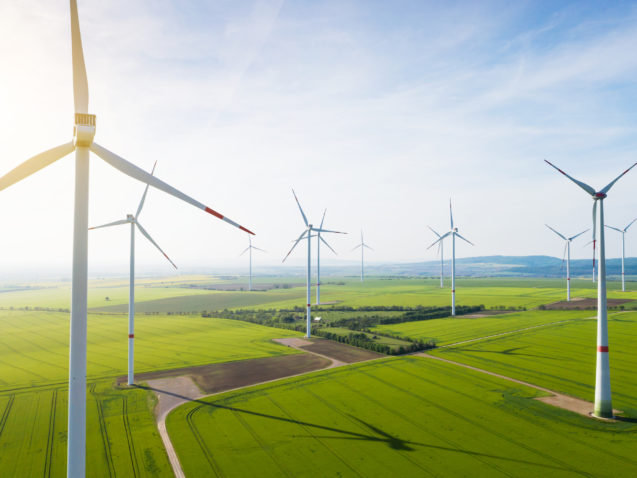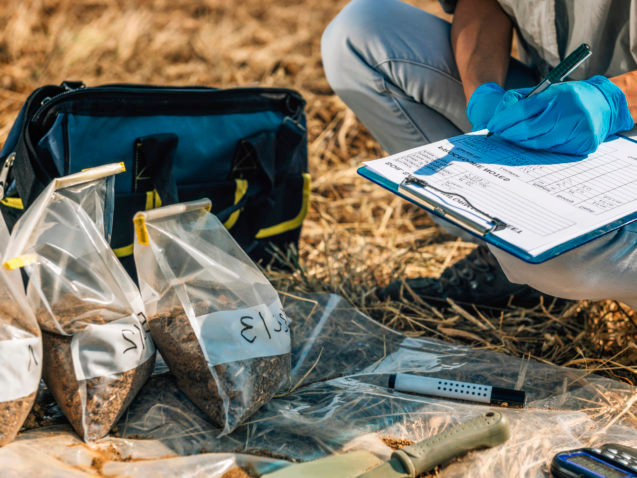(Brussels, 12 July 2021) A roadmap to help the EU food manufacturing industry play its part in reaching net-zero carbon emissions by 2050 has been published today.
The roadmap, was commissioned by FoodDrinkEurope and written by environment experts Ricardo.
It states that food production from farm-to-fork represents 30% of total carbon emissions within the EU, with the manufacturing process accounting for 11% of this share, or 3% of the total.
Decarbonisation of the food manufacturing sector can therefore make a significant contribution to the EU carbon neutrality target.
Lead author Alfredo Lopez Carretero summarised the findings:
“Businesses should start with setting an emissions baseline and selecting a tool that will guide them in their decision-making process.
“Most plants will need to take decarbonisation measures relating to both energy demand and energy supply and this roadmap provides information on more than 90 measures to do this.
“We also note barriers that must be overcome. For instance, an unstable policy environment does not help companies working on long-term investments. The cost of infrastructure to enable carbon reductions can often be prohibitive, especially for small and medium-sized businesses. Also, many of the technologies required to reach net-zero are immature and not yet economically viable.
“Overall, we hope this report will facilitate dialogue between industry and policymakers, to assist with this challenging transition.”
Laura Degallaix, FoodDrinkEurope Director for Environmental Sustainability, said:
“This report is a major step to helping our members plot a path towards net-zero emissions.
“We are in a climate emergency, and we must tackle it with the urgency it demands. That’s why earlier this week FoodDrinkEurope signed the EU’s ground-breaking farm-to-form Code of Conduct in which food chain actors committed to reach carbon neutrality by 2050.
“We will now work with our members to translate Ricardo’s report into action on the ground and build on the many climate commitments already made by our industry. It will be especially important to work with EU and national policymakers to develop an enabling environment, including financial support mechanisms which will be vital for SMEs.”
Silviu Popovici, PepsiCo’s CEO Europe and FoodDrinkEurope Vice-President, said there was no time to waste.
“There is no vaccine for climate change. I am very proud of the food and drink sector working together to decarbonise our industry. Only collective action will have the scale to halt climate change.”





